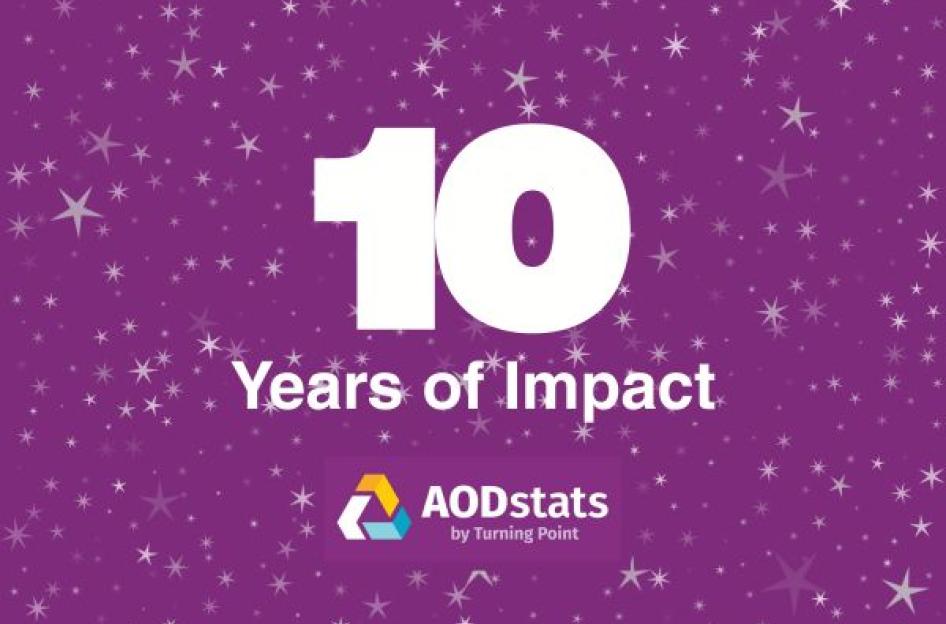Disrupting adolescents’ access to alcohol as a pathway to better physical and mental health
Thanks to a $1.97 million MRFF grant, Monash University researchers are set to launch a large-scale, multidisciplinary project that takes a contemporary approach to preventing substance use and mental health problems.

Over the past ten years, mental illness among Australia’s adolescents has escalated at concerning rates, while opportunities for young people to purchase and drink alcohol have increased at the same time.
How are these trends linked? And what can we do about it?
Thanks to a $1.97 million Medical Research Future Fund (MRFF) grant, researchers from Monash University, Deakin University and the Queensland University of Technology will be investigating how to counter the increasingly sophisticated alcohol marketing tactics.
Their goal: to disrupt early access to alcohol use and protect our younger generations from the increased risk of substance use problems and mental illness.
Monash University Statistician and Senior Research Fellow Dr Bosco Rowland, who is leading the project, explains:
“Adolescence is a high-risk time for the development of mental health and substance use disorders. Communities must be equipped with the tools and knowledge they need to counter the broadening that we are seeing in supply pathways and adolescents’ access to alcohol.”
These strengthening access points include the rise of online ordering, rapid alcohol delivery services that often overlook age checks, and the increasing availability of zero or low-alcohol products – factors that may lead parents and guardians to soften boundaries around alcohol use.
“Our project will investigate the extent to which rising mental illness is linked with increasing alcohol access, before developing strategies to strengthen services and regulate alcohol supply. Ultimately, we are aiming to reduce risky drinking among adolescents,” Dr Rowland explains.
By targeting these rapidly changing pathways to alcohol use, the project has the potential to improve the long-term mental and physical health outcomes of future generations.
Understanding teenagers’ access to alcohol
“Evolving pathways to alcohol use are central to understanding the development of substance use and mental and physical health problems and to designing contemporary approaches to address them,” Dr Rowland says.
Using data from 50,000 adolescents and young adults across Australia over the past 21 years, the project will model the changes in alcohol supply pathways, family risk and protective factors, and their relationship with alcohol-related mental and physical illness.
By drawing on this Australian data and comparing it with the USA, where the legal age for drinking is 21 years, the project team will then simulate and evaluate how regulating alcohol availability and addressing family and community risks can reduce alcohol harms among teenagers and young people.
They will also identify protective factors and develop ways to strengthen them.
This indispensable simulation data will then be used to inform a new cohort study, developed in collaboration with community advisory groups, that integrates known and emerging risk and protective factors related to alcohol availability, consumption patterns and associated harm.
“The new cohort study will be vital in helping us understand how the risk and protective factors are changing, and how to prevent risks and pathways to mental and physical illness as a result of alcohol consumption,” Dr Rowland explains.
“To support policy planning, we’ll also assess the economic impact and savings for the government if availability is reduced and leads to a 10% reduction in mental and physical health problems,” he adds.
Developing this valuable data to understand the relationships between alcohol access and harms is only the start of what this project aims to achieve.
Providing policymakers with data and tools to future-proof their planning
“If Australia is to develop and implement policies that protect future generations, we must clearly communicate to policymakers the economic and social costs of increased alcohol availability and its impact on health systems,” Dr Rowland says.
Currently, a license application to open a new alcohol outlet in a community is only rejected if it impacts the street appearance and congestion.
“Developmental, health and economic impacts are not considered, even though they can have long-term implications for our communities,” Dr Rowland adds.
To address this gap, the project team will work with advocacy groups to develop and promote their simulation data and cost-benefit analysis to the government and policymakers.
“Integral to our approach is ensuring that the information is available in formats that clearly show the link between availability and the health outcomes, so government planners and policymakers can incorporate this into their planning and decision-making,” Dr Rowland says.
Empowering communities to protect the next generation
The final phase of the project will ensure that communities can access relevant, up-to-date local data through online dashboards.
“Local government areas with more alcohol outlets are more likely to have poorly enforced underage sales regulations, increased adolescent alcohol use, and a greater number of parents providing alcohol to adolescents,” Dr Rowland explains.
“However, our research has shown that when communities are supported with evidence-based tools and training, they can successfully reduce alcohol use and harm among young people,” he adds.
In addition to alcohol-related ambulance call-outs, hospital visits and injuries across Victoria available on the AODstats dashboards, the team will add new data on risk factors.
“The site will be equipped with easy-to-use visual tools such as infographics and maps to ensure that communities can use this information effectively,” Dr Rowland says.
The team will also run training sessions to help stakeholders understand and apply the data in local prevention plans.
“We are grateful to Minister Butler and the MRFF for supporting this ambitious project to increase our knowledge and understanding of prevention both now and into the future, engage the research community in translational research and help health professionals adopt best practice, faster,” he says.
“Thanks to this funding, we now have an opportunity to develop systemic policy changes that will not only reduce but may also prevent alcohol harms in future generations,” Dr Rowland says.
For media enquiries email: [email protected] or call 0478 854 644.









